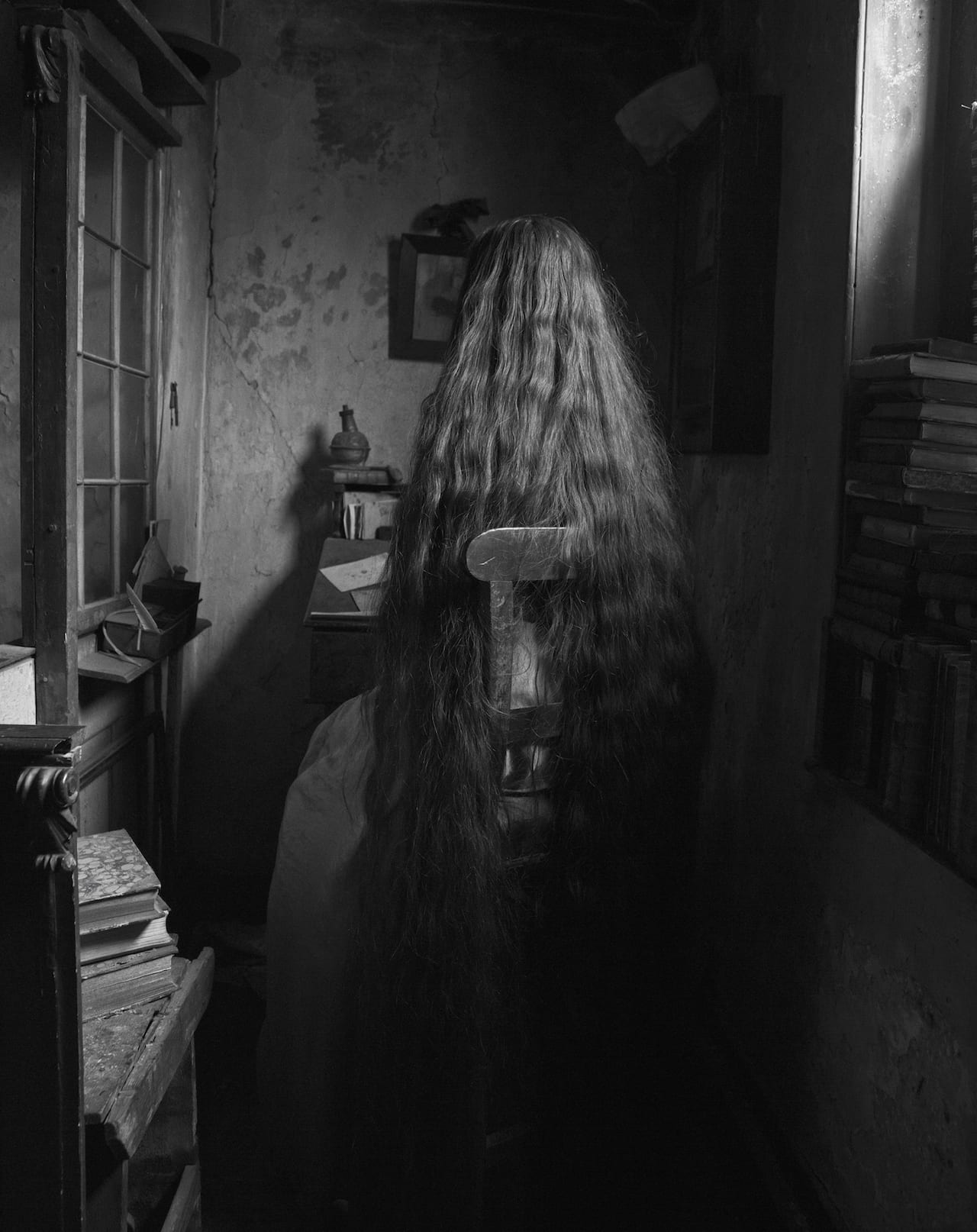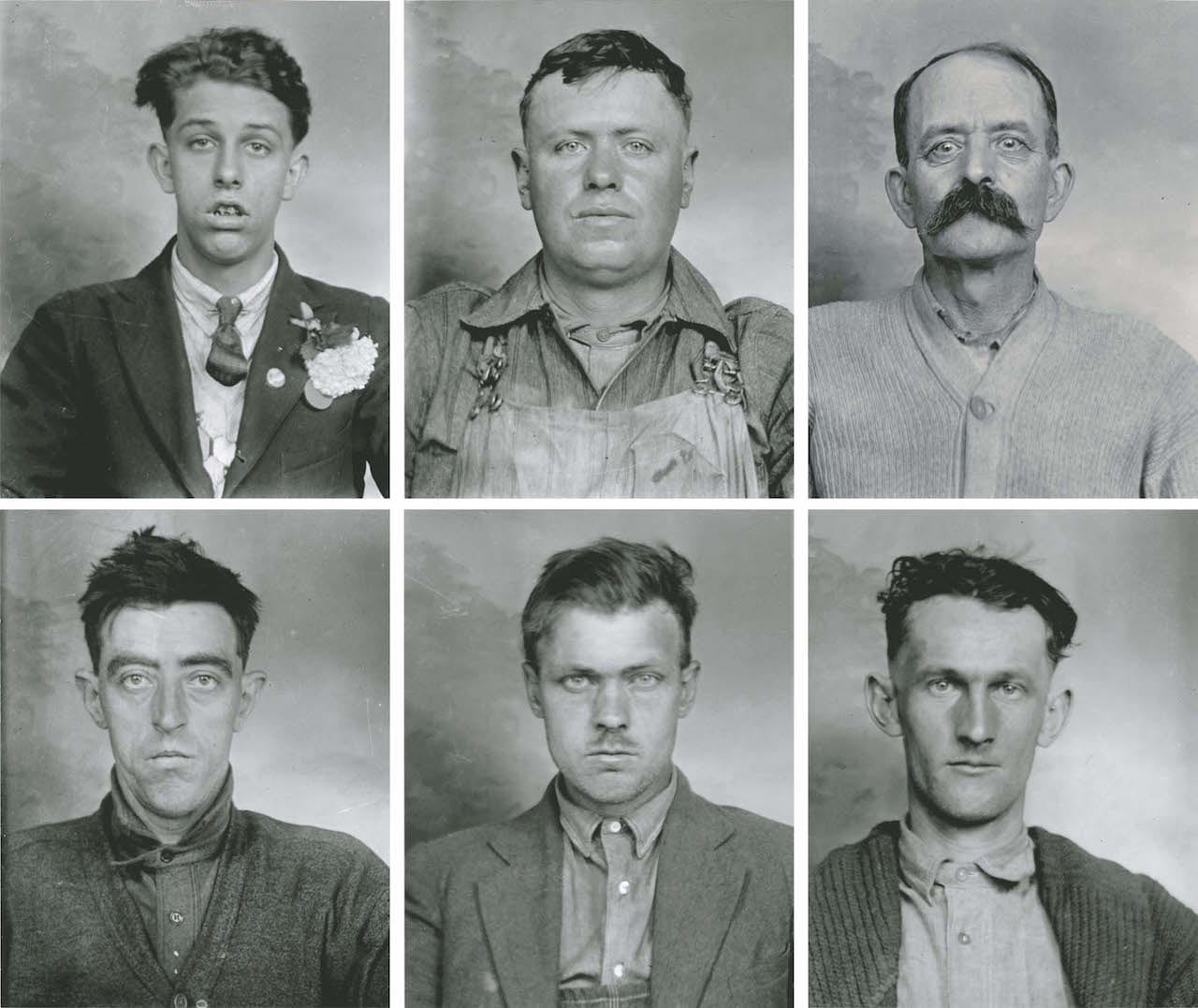What do Sophie Calle, Rineke Dijkstra, Susan Meiselas, and Hannah Starkey all have in common? They’re all on the list of 100 contemporary women photographers picked out by the UK’s Royal Photographic Society, after an open call for nominations. Over 1300 photographers were recommended to the organisation by the general public, which was slimmed down by a judging panel headed up by photographer Rut Blees Luxemburg.
The final list includes well-known names but also less recognised image-makers such as Native American artist Wendy Red Star, Moscow-based photographer Oksana Yushko, and Paola Paredes from Ecuador. Each Heroine will be awarded a Margaret Harper medal, named after the first female president of The Royal Photographic Society, and the first female professor of photography in the UK. An exhibition and accompanying publication will follow, all part of a bid to highlight women working in what is still a male-dominated industry.
“Although it was a truly challenging exercise having to consider 1300 women, being a part of the jury for Hundred Heroines was ultimately an incredibly stimulating and inspirational process,” says Luxemburg. “This final list reflects both the global expanse of female practice and the intergenerational input into contemporary photography. It reflects the wide range of methodologies, practices and diverse approaches of women working with the photographic medium. This is a moment of change and this list of heroines pays heed to it.”


